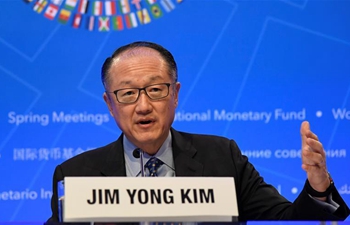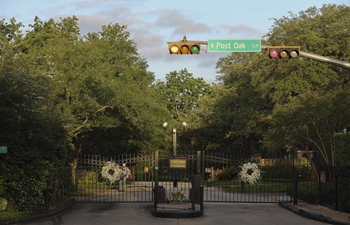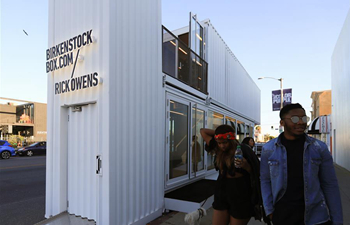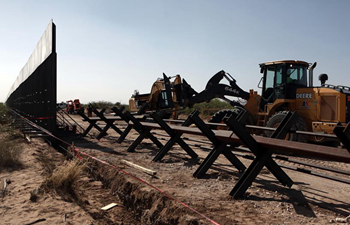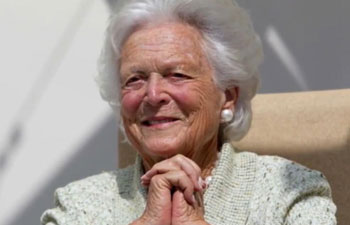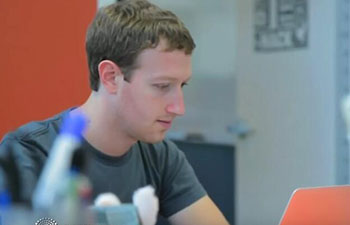HAVANA, April 19 (Xinhua) -- As Cuba's leadership undergoes transition, expectations are running high for the new president and the future of the country's reform process.
Miguel Diaz-Canel was elected on Thursday as Cuba's new president, as the successor of Raul Castro, who concluded two consecutive five-year terms in office.
Diaz-Canel, former first vice-president and an electronics engineer who will turn 58 this Friday, was nominated by the National Candidature Commission on Wednesday after he was proposed by the 604 National Assembly lawmakers to head the country.
Cubans in the island and overseas hope the new leader will improve the efficiency and sustainability of Cuba's socialist development and continue important economic and social reforms.
"We are living through a historical moment of great significance for Cubans because it is the end of Raul Castro's presidency. It's time to give way to a generation that was born and formed with the principles of leaders like him," Guillermo Pedroso, a government worker, told Xinhua.
Pedroso said the transition of power represents another important stage since Raul Castro took over power in 2006 from his elder brother Fidel Castro, who led a revolution that triumphed in 1959. The new administration indicates continuity and progress, Pedroso added.
Alcides Risco, a senior citizen in Havana's Vedado district, said the transition is a logical step because life evolves, and it is time to hand over the reins to a new generation.
Diaz-Canel has been widely seen as Castro's potential successor and millions of Cubans at home and abroad have high hopes for him after he was nominated.
Diaz-Canel, who like many Cubans today was born after the revolution, embodies both continuity and change. He is expected to be the first Cuban president in 59 years who did not fight in the liberation, but at the same time upholds the ideals the Caribbean island has struggled to achieve.
"I think that ... he will make an excellent president," Maria Karla Navarro, a university student, said.
Navarro said she admires the way Diaz-Canel interacts with young people, which has helped him gain support from the nation's youth.
College student Edwin Cruz wants to become an electronics engineer, like Diaz-Canel. He said wage improvement is one of the island's most pressing tasks that the new head of state should deal with.
Lester Fernandez, who works in Cuba's small but growing private sector, hopes the new president can take bolder steps to speed up the process of legislation in the private sector.
"We need greater openness toward the private sector because I believe it has proven in recent years that it is a way to generate wealth in the country," Fernandez said.
Speeding up the pace of reforms without compromising the social benefits that Cubans enjoy is a major task for the new president.
"Everybody wins, both small and medium-sized private businesses and the country," Fernandez said. "If the government receives greater tax contributions, it can invest in prioritized sectors such as health, education and social security."







